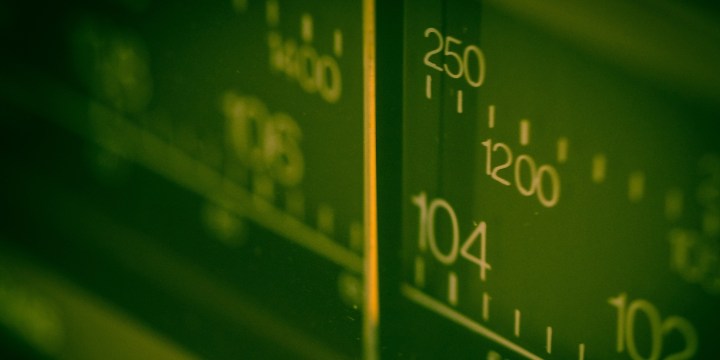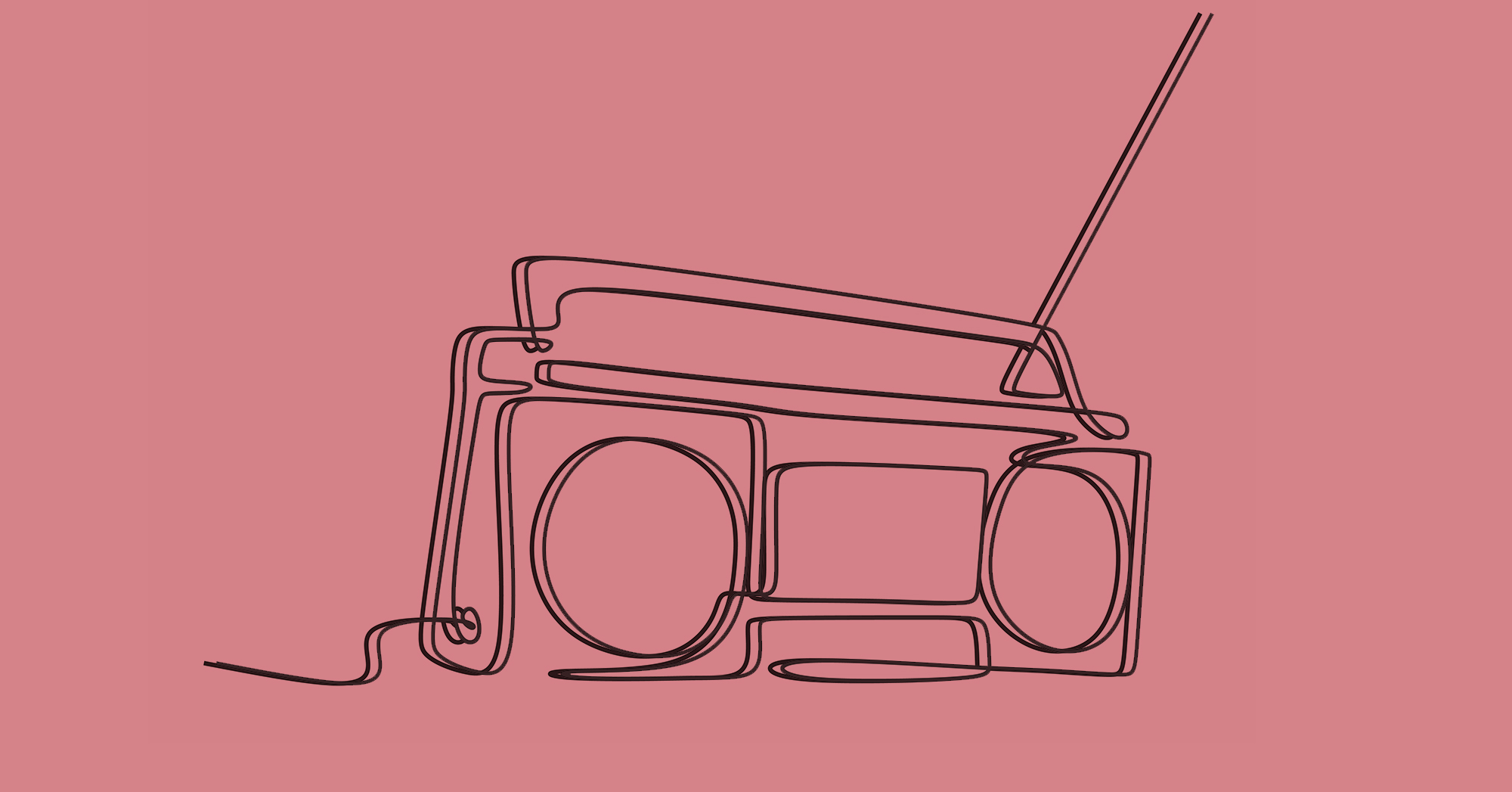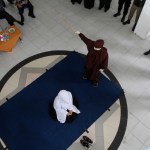WAVES OF MEMORY OP-ED
Dancing like static through the airwaves, memories of radio’s golden age will never die

On 18 December, it will be exactly 100 years since radio was first heard in South Africa. While digital is advancing rapidly, radio remains a powerful source of news, information and entertainment across the continent. Hamilton Wende shares his radio memories formed over decades, from childhood to being a war correspondent.
At night, tracer fire would shoot across the dark mountains, folded into the distance under a starlit sky. Sometimes huts would flare up, orange flames and red sparks floating over distant slopes. They were empty now as the thousands of refugees had fled, but still the never-sleeping monster of war would roam the lakeshore and the hills, looking for ways to satiate its irrational greed.
There was some respite at night from the constant shelling and machine-gun fire, but it never ceased entirely. We slept fitfully, our minds drifting between bad dreams and the real sounds of destruction reverberating through the cool, mosquito-filled air.
We awoke in the equatorial dawn just before six. Amber and crimson skies over the hills turning brightly green out of the darkness of night.
The first thing we would do was gather around the only radio we had, a Sony World Band Receiver ICF-SW100, to listen to the news of what had happened overnight in the war that we had felt all through the darkness.
“Da-ta-da, ta-da-ta-ta-da!” through the crackling static, the signature tune of the BBC, Lilliburlero, would find its uncertain way into the morning birdsong of the forest. Words we could trust were next, read out in a calm, unwavering voice from London.
That voice was the only knowledge we had available to us other than what we could see, or hear, for ourselves in the limited area we could travel to and report from safely. We would hear what was going on dozens or even, hundreds, of kilometres away, giving us a sense of perspective on what we were finding on the ground. We listened to dispatches from Burundi, from south of us on Lake Kivu, and even from the capital, Kinshasa, as the shelling and machine-gun fire started up again in the hills around us.
In the constant fear and uncertainty of the war raging on the frontier between Rwanda and what was then Zaire, the calm sounds of the BBC radio, and its reliable sources, were essential to our peace of mind.
Sometimes we would hear ourselves reporting, our words and the sounds we had recorded echoing around the globe, giving value to the exhaustion and fear we felt on a daily basis as we searched for truth and meaning amid the suffering and cruelty we witnessed every day.
What we all looked forward to most was the early morning African proverb that the BBC read out every day without fail. I wish I could remember more of them, but the one that sticks in my mind is: “If your dog runs away to a new house, it will take another name.” It seemed sadly appropriate for the shifting alliances that the rebel groups around us were forming and reforming.
The crackling oscillation of radio seemed to me then, as it still seems today, a miracle of human consciousness. Without it, we would have been surrounded by ignorance. The shortwaves beaming through the atmosphere of our world were a bearer, not always of happiness, but of sanity — and that still counts for something of inestimable value in the internet chaos of our fractured information hypersensitivity today.
In those cool equatorial mornings, I felt both utterly fascinated and comforted to hear the radio speaking to me. And I was deeply proud to be a part of it all — a human cog in the machines that relayed this marvel to the world. I was excited beyond measure to be an integral part of the messages they carried and the awareness they raised from one distant part of humanity to another.
It took me back to childhood where once a week I would listen to David Gresham on Pop Shop, or, alone in my bedroom on Saturday afternoon, hear the crowd rising in excitement as Dawie de Villiers scored yet another try for the Springboks.
Soon after I returned from that assignment, I bought my own Sony World Band Receiver, but it was 1996, the year I first signed up to the internet, and since then my radio has remained mostly switched off.
I mourn its silence. The grand era of broadcasting has passed. Radio is no longer our main source of knowing the world, but the airwaves will never be empty.
They are filled still with the resonance of news that changes lives, of music that brings hope, and of rugby balls floating through the static that lies between an adult’s memory and a child’s imagination. DM
Hamilton Wende is a South African writer and journalist who has worked on a number of television projects and films for National Geographic, CNN, BBC, ZDF & ARD, among others. He has published nine books based on his travels as a war correspondent in Africa and the Middle East, and two children’s books. His latest thriller, Red Air, reflects his experiences with the US Marines in Afghanistan.
This article is to be published in Robin Sewlal’s upcoming book, My Radio Memory.



















 Become an Insider
Become an Insider
I’m just going to leave this here for all the toppies who remember crowding around the radio on a Friday night:
archive dot org slash details slash SquadCars (match case)
Thank me later.